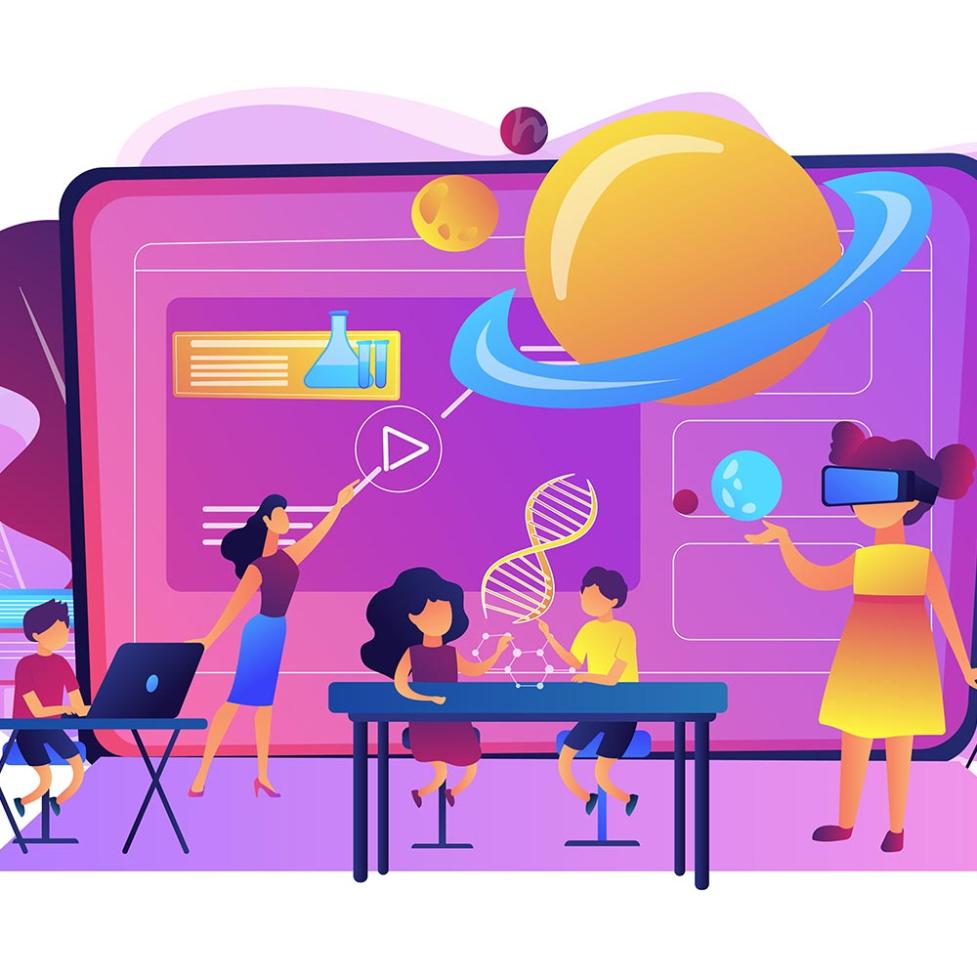How Can AI Personalize Accounting Education and Improve Student Engagement in the UAE?
Introduction

The purpose of this article is to explore how artificial intelligence (AI) can be used to personalize accounting education and improve student engagement in the United Arab Emirates (UAE). Accounting education in the UAE is currently facing a number of challenges, including a lack of personalized learning experiences, low student engagement, and high dropout rates. AI has the potential to address these challenges and transform accounting education in the UAE.
The Role Of AI In Personalizing Accounting Education
AI can be used to collect and analyze data on student learning in a variety of ways. This data can then be used to create personalized learning paths for each student, taking into account their individual strengths, weaknesses, and learning styles. AI-powered tools and technologies can also be used to provide students with real-time feedback and support, helping them to stay on track and achieve their learning goals.
Benefits Of AI In Accounting Education
- Improved student engagement
- Increased student motivation
- Better learning outcomes
- Reduced dropout rates
- Improved job prospects for graduates
There is a growing body of evidence to support the benefits of using AI to personalize accounting education. For example, a study by the University of California, Berkeley found that students who used an AI-powered tutoring system to learn accounting had significantly higher test scores than students who did not use the system. Another study, by the University of Texas at Austin, found that students who used an AI-powered chatbot to learn accounting were more engaged in the learning process and had better learning outcomes than students who did not use the chatbot.
Challenges Of Implementing AI In Accounting Education

There are a number of challenges that may be encountered when implementing AI in accounting education. These challenges include:
- Cost
- Data privacy and security concerns
- Lack of qualified personnel
- Resistance to change from educators and students
However, these challenges can be overcome with careful planning and implementation. For example, the cost of AI technology is decreasing rapidly, and there are a number of government and private sector initiatives to support the development of AI in education. Additionally, there are a growing number of qualified AI professionals who can help educators to implement AI in their classrooms. Finally, resistance to change can be overcome through effective communication and training.
Conclusion

AI has the potential to transform accounting education in the UAE. By personalizing learning experiences, improving student engagement, and increasing student success, AI can help to prepare students for the jobs of the future. Accounting educators and policymakers should embrace AI as a tool for transforming accounting education and improving the lives of students.
YesNo

Leave a Reply